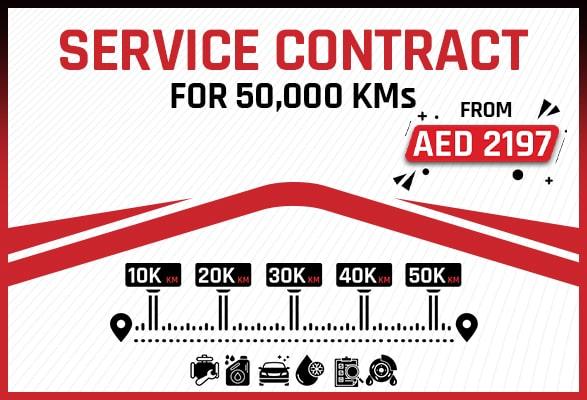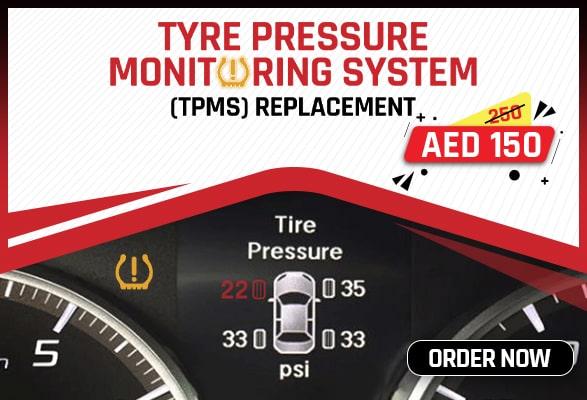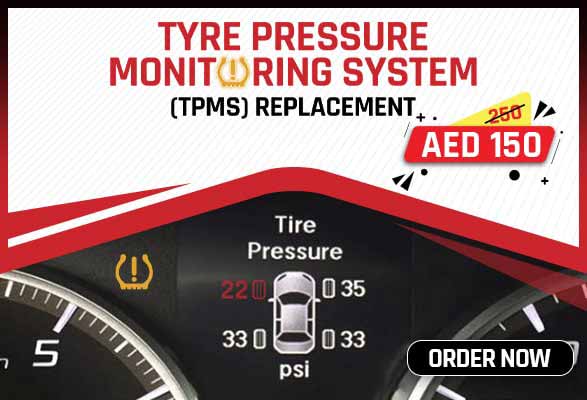Most Common Type Of Power Steering Problems
Nowadays, every car comes with power steering and is considered a primary feature. Most people nowadays do not even know how hard it is to drive a car with non-power steering. Despite the drastic improvements in technology, sometimes the power steering may fail. It may not leave you stranded but would undoubtedly make it challenging to drive the vehicle because the power steering becomes hard to turn.
It can lead to an accident since you cannot fully control the steering wheel. There are certain signs which can tell you that the wheel is developing problems. This article will talk about the most common types of power steering problems and signs associated with them. PitStopArabia is confident that after reading the article, you can get the power steering checked by an expert before it completely stops working and causes trouble for you. Without further ado, let us start.
PUMP MALFUNCTION
Your car's power steering consists of a pump that includes various fragile parts. The pump stops functioning if these sensitive parts get damaged. As a result, the power steering stops working. When you turn your power steering and make a grind or whine, it is a sign of a pump failure.
Moreover, you may feel that your steering is becoming hard or is not responding as efficiently upon turning the steering wheel. These are obvious signs of a pump malfunction, and you should get it checked by an expert before it completely stops working.
FAULTY ELECTRICAL COMPONENTS
Power steering comprises many different electrical components, including an electric motor, a sensor, various types of wires and fuses. If a fault develops in any of these wires or fuses, it will cause problems in the steering wheel, leading to complete or partial failure. It might also be the reason behind your power steering malfunctioning.
LEAKING OR LOW POWER STEERING FLUID
Power steering is based on the principle of hydraulics. It means that the power steering relies heavily on the fluid's pressurized and stable movement. If there is leakage or the level of power steering fluid is low, your steering will not respond efficiently as it is not getting the desired fluid. Signs of a leaking or low fluid is that the steering wheel will function aggressively. Meaning when you turn the steering wheel, it will rotate a bit more than you had desired.
Moreover, your steering wheel will make noises when you turn it, indicating that the fluid level is low or a leakage. Another sign is that the lower the fluid level, the harder the steering wheel becomes while turning it. There may be a leakage that has caused this problem, or there is just low steering wheel fluid—either way, you need to get it checked by an expert before it gets any worse.
LOOSE OR WORN-OUT SERPENTINE BELT
A serpentine belt is a crucial component of a car as it is responsible for supplying power to different parts of the automobile, including the power steering pump. If your car makes a screeching noise when you start the car, it means that there is a problem with the serpentine belt; it is either worn out or loose. Due to this, it provides less or no power to the steering wheel pump, causing the steering wheel to malfunction. It is recommended that you get the belt checked without wasting any time to avoid further damage.

























Wrap Up
Share the article with friends and family so that they can benefit from the information. Lastly, if you or anyone in your social circle is experiencing steering problems, contact PitStopArabia. We have certified professionals who will diagnose the problem and recommend the best solution. Thank You.